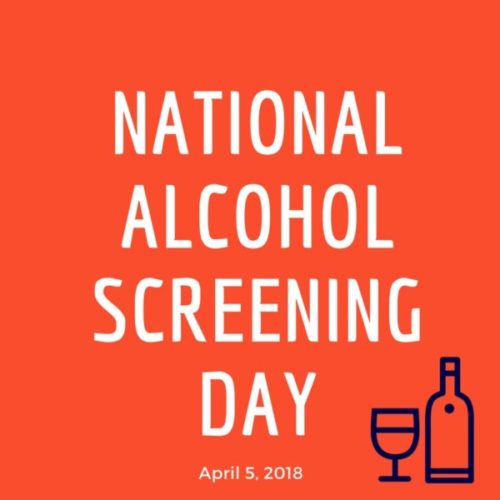Alcohol Use Disorder: Hope for Recovery
Written by: Anton Bizzell
Alcohol use disorder (AUD) is often referred to as the hidden substance use disorder (SUD). With alcohol use legal and socially acceptable in many settings, the symptoms of AUD may initially go unnoticed. Yet individuals with AUD may experience significant difficulties in their relationships, work, and health.
In a newly released analysis, the National Institute on Alcohol Abuse and Alcoholism (NIAAA) at the National Institutes of Health (NIH) found that over 70 percent of the adult population drank alcohol in 2017. Alcohol-related deaths more than doubled from 1999 to 2017. Overdoses of alcohol alone or in combination with other drugs accounted for 18 percent of the deaths in 2017; 31 percent of the deaths resulted from alcohol-related liver disease. Researchers note that the since this study examined only death certificate data, the actual number of lives lost may be significantly higher.
The death rates increased higher for women than for men, and gender differences persist in risks for alcohol-related cardiovascular disease, liver disease, and cancer. In addition, while prevalence of alcohol use and binge drinking remained stable for men, the prevalence of alcohol use increased by over 10 percent for women and binge drinking increased by over 23 percent among women.
The NIAAA screening tool for AUD includes questions a provider can use to diagnose whether an individual may have an AUD. Individuals who are struggling with their drinking, or families and friends concerned about their loved ones, can start by considering the following questions.
In the past year, have you:
- Tried to cut down or stop drinking more than once, but couldn’t?
- Found that drinking or being sick from drinking got in the way of you taking care of your home or your family, or caused problems at work or school?
- More than once gotten into situations while drinking that could be dangerous, such as driving, having unsafe sex, using machinery, walking in an unsafe neighborhood; or had a memory blackout?
- Kept drinking even though it was making you depressed or anxious, or adding to other health problems?
- Found that when the effects of alcohol were wearing off, you had withdrawal symptoms, such as trouble sleeping, shakiness, irritability, anxiety, depression, restlessness, nausea, or sweating?
In addition to peer-led support models such as Alcoholics Anonymous, there are many options for professionally-led treatment. Treatment for AUD often involves a combination of talk therapy and medication. Therapy can be for individuals, groups, or families, under the direction of a licensed counselor trained in substance use disorders. Medication to help individuals stop drinking and avoid relapse can be administered under the care of a licensed primary care provider or a board-certified addiction medicine physician. In addition, different levels of care and care settings are available to meet the needs of each situation, including outpatient, partial hospitalization, residential, or intensive inpatient.
Although the consequences of AUD can be devastating, hope for recovery is possible with evidence-based, timely intervention.
Reference: White, A. M., Castle, I. J. P., Hingson, R. W., & Powell, P. A. (2020). Using Death Certificates to Explore Changes in Alcohol‐Related Mortality in the United States, 1999 to 2017. Alcoholism: Clinical and Experimental Research.
The Bizzell Group (Bizzell) was founded by CEO Anton Bizzell, M.D., a substance use disorders expert and former Medical Officer at NIAAA. Our recent work includes systematic, integrated approaches designed to effect lasting change in the field of substance use disorders through projects with the National Institute on Drug Abuse (NIDA), the National Cancer Institute (NCI), the Food and Drug Administration (FDA), the Substance Abuse and Mental Health Services Administration (SAMHSA), and the United States Chamber of Commerce Foundation (USCCF). Learn more about how Bizzell advances data-driven, research-informed, innovative solutions to solve complex, real-world challenges. www.BizzellUS.com




